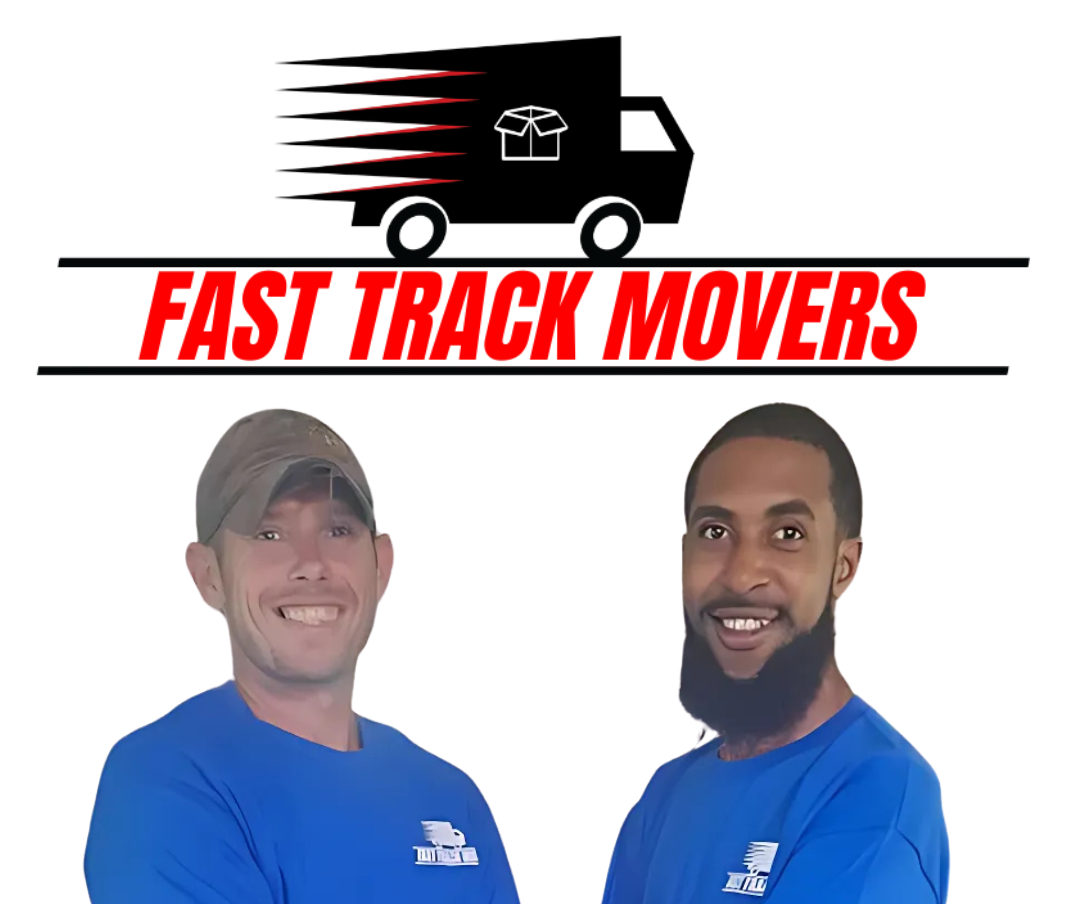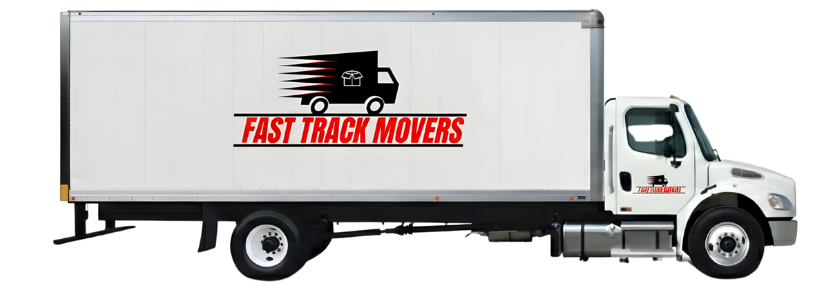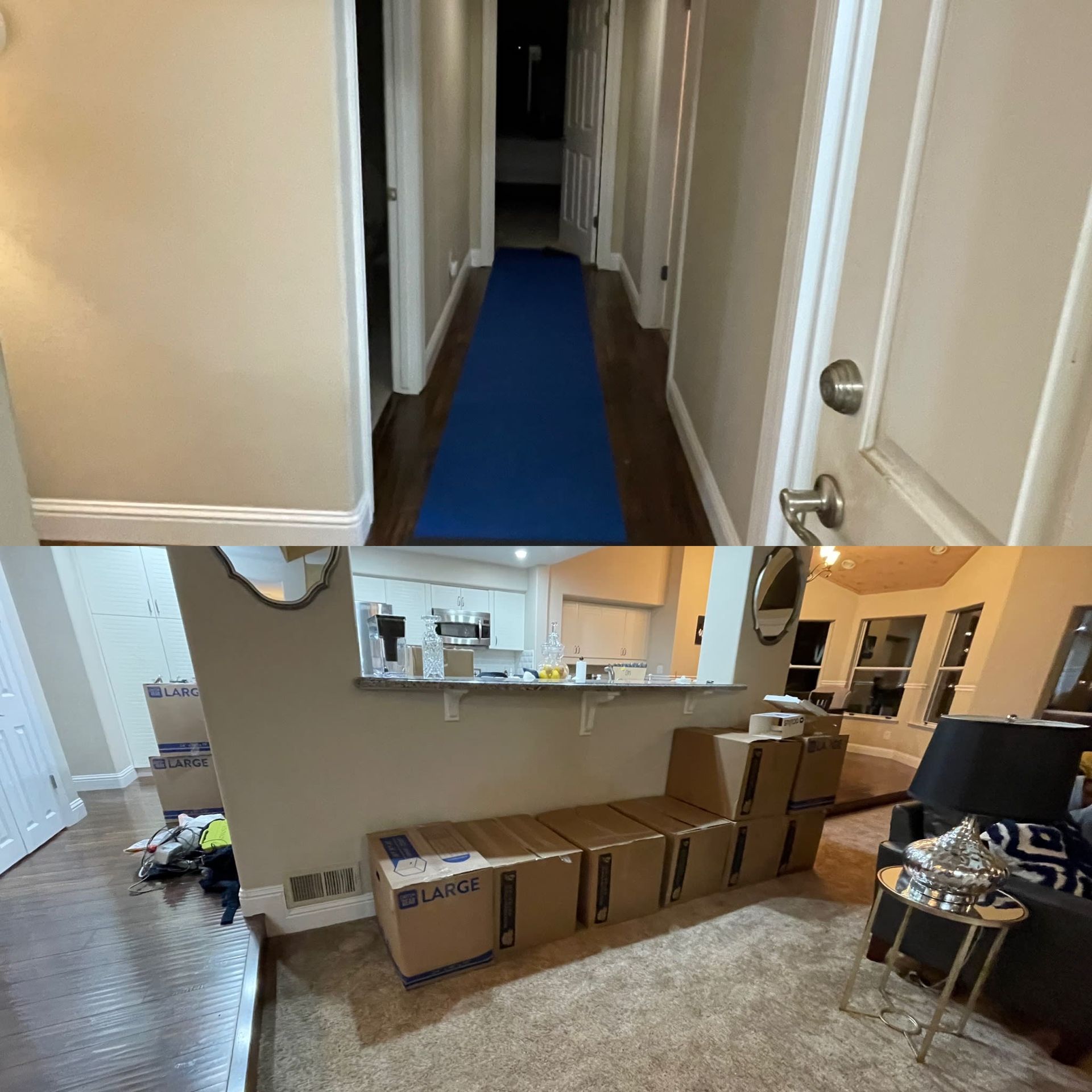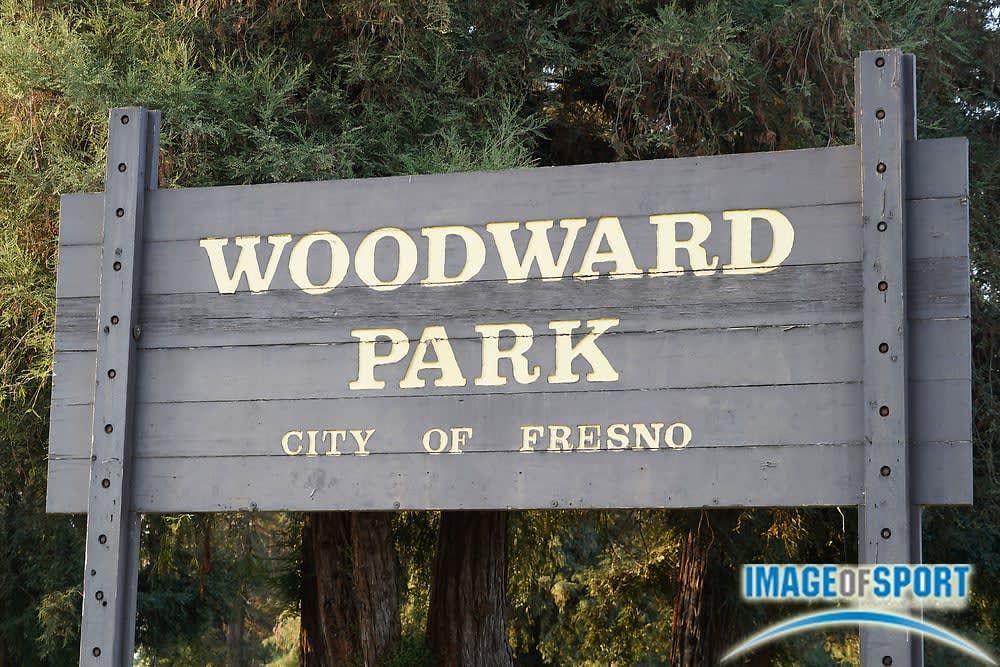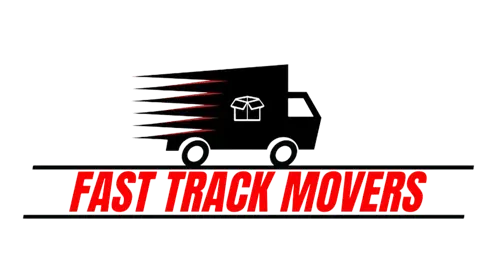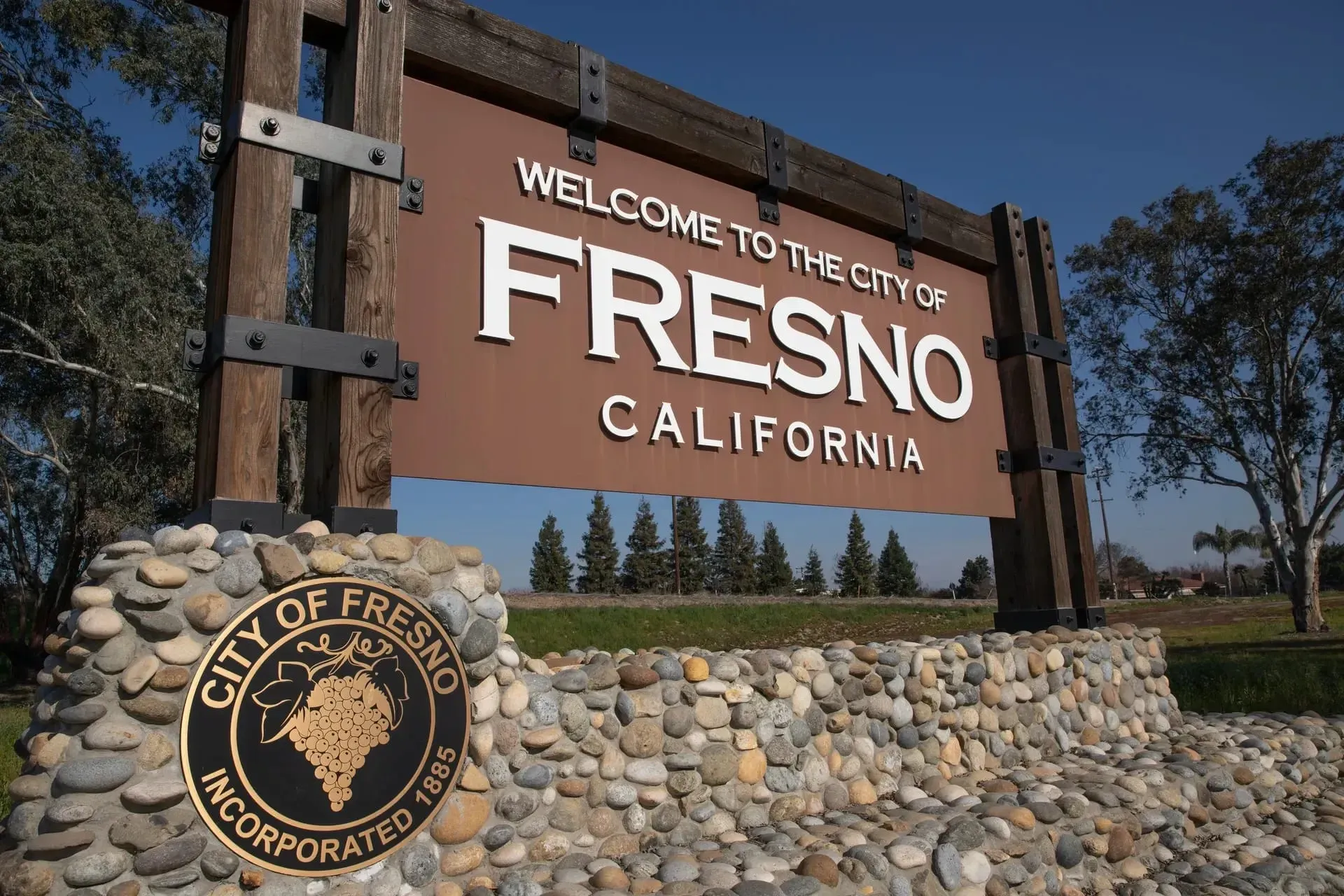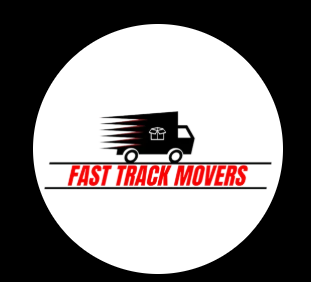By TONY CLAYBORNE
•
October 24, 2025
Moving is a universally stressful experience. It’s a process fraught with uncertainty, where the potential for broken items, hidden fees, and logistical chaos feels almost inevitable. Most people have low expectations for moving companies, bracing for a day of “gotchas.” But what if a family-owned business in one of the least-trusted industries could offer a masterclass in building customer confidence? By examining the public promises of Fast Track Movers, a local company that treats customers "like neighbors, not numbers," we can uncover a blueprint for trust that applies far beyond their industry—a strategy built on principles that are simple, human, and transparent. 1. They Redefined the Product as Trust Itself In a commodity service market, the only durable competitive advantage is trust. While most movers sell the service of transporting boxes, Fast Track Movers strategically positions "trust" as their core product. They operationalize this through a radical commitment to transparent pricing. Instead of vague estimates, they publish their exact model: Local = hourly + truck. Long distance = by the mile, one way only. Every potential cost—labor, truck, fuel—is itemized in plain English. This simple act of clarity fundamentally alters the customer dynamic. It shifts the relationship from an adversarial one, where the customer must be on guard for surprise charges, to a collaborative partnership. From a customer experience perspective, this reduces the cognitive load of the entire process, allowing the client to focus on their new home, not their invoice. Because trust isn’t an add-on. It’s the product. 2. They Built a Window to Eliminate the Darkness The antidote to customer anxiety is not reactive support, but proactive transparency. Anxiety thrives in information vacuums, and the silence between booking a service and its delivery can be unnerving. Fast Track Movers operationalizes this principle through their dedicated Client Portal. They call it a "window," and it’s designed to eliminate the darkness of the unknown. The portal provides: • Real-time appointment status updates • A centralized location for all documents • Direct chat with the moving team Beyond this, their notification system, which they call their "superpower," sends automated confirmations and reminders. This preemptively resolves anxiety by providing answers before the customer even thinks to ask. As their portal promises, customers can "Get updates before you even think to ask." This masterfully reduces customer effort and builds a profound sense of security and care. Moving is stressful when you’re in the dark. So we built a window. 3. They Made Accountability Unavoidable with a Guarantee The ultimate test of a brand's promise is its willingness to accept 100% of the risk. Fast Track Movers accomplishes this with a simple, powerful money-back guarantee. But unlike vague "satisfaction guaranteed" platitudes, their policy is powerful because it’s tied to a simple, measurable, and non-negotiable set of deliverables. They explicitly define their promise: "Clear price. Clear plan. Show up. Ship." This isn't just a marketing slogan; it's an operational checklist. By defining the promise so clearly, they make accountability absolute. This is a masterclass in risk reversal, a strategy that shifts the entire burden of performance from the customer to the company. It signals an unwavering belief in their systems and their people, transforming a typically high-stakes transaction into a secure partnership. If we don’t deliver on our promise, you get your money back. Simple as that. 4. They Choose to Compete on Care, Not Cost The strongest brands don't try to be for everyone; they create a powerful sense of identity with the right customers. Fast Track Movers makes its business strategy explicit: they are not for everyone. They actively target customers who prioritize "clarity over ‘cheap’" and "care over ‘cross-your-fingers’." They are designing their service for a specific psychographic, a customer with a particular mindset, which they articulate perfectly: "People like us don’t roll the dice on moving day. We hire pros. We expect a promise. We want the truth about price." This is a brilliant example of brand alignment with customer identity. By saying "People like us...," they hold up a mirror, allowing their ideal clients to see themselves in the brand's values. This forges a bond of loyalty that transcends price, creating a customer base that isn't just buying a service but is joining a tribe that shares their priorities. We don’t compete to be the cheapest. We compete to be the most trusted. Conclusion The lessons from this local moving company offer a non-negotiable framework for any modern business leader aiming to build a trusted brand. The principles are profound: redefine your product as trust through radical transparency, eliminate anxiety with proactive communication, accept ultimate accountability through risk reversal, and strategically align your brand with your ideal customer's identity. This is more than just a good way to run a moving company; it is a blueprint for earning lasting customer relationships in any industry. It leaves us with a critical question: What would change if every service we hired operated with this level of clarity and commitment?



